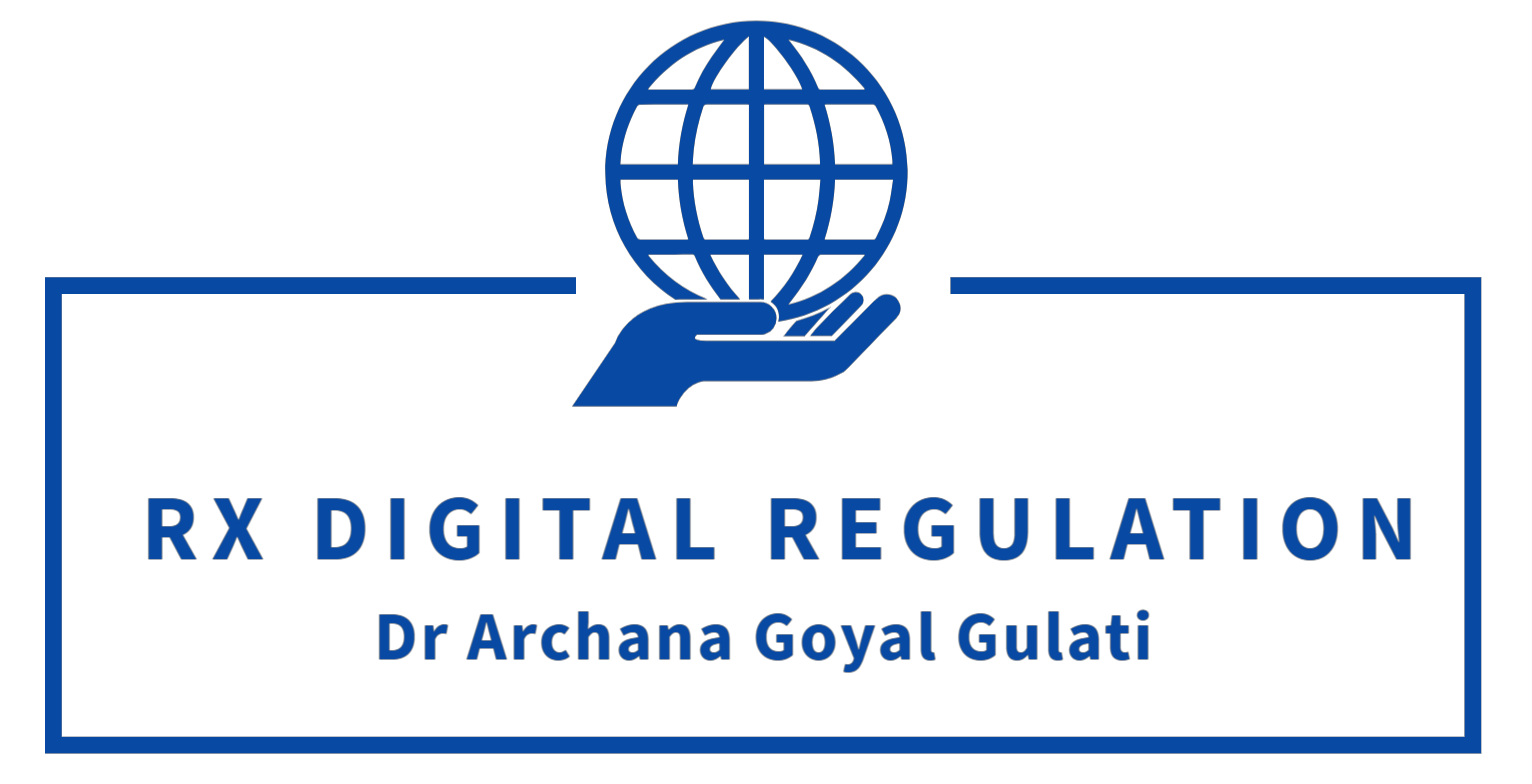
Trust is an integral element of Global Competitiveness in the Digital Age-The Huawei issue and Lessons for India

5G and the Huawei issue
The world is gearing up to prepare for the promise of 5G. This new digital communications technology is slated to make it possible to enhance broadband download speeds to 20 Gbps and provide
benefits such as enhanced mobile broadband, massive machine-type communications
and ultra-reliable low latency communications.
In the meanwhile, a trade war has broken out between the USA and China over Chinese 5G equipment due to the purported security threat emanating from 5G devices and equipment manufactured in China. The USA has placed China on the entity list and Chinese Huawei is to be deprived of
chips from US firms like Intel, Qualcomm. Micron and Google’s Android OS. This is not a bilateral issue but has global ramifications. It is reported that,
5G will offer hugely faster data speeds than today’s mobile technology, which is important for consumers. But 5G will also be the technology that ensures artificial intelligence functions seamlessly, that driverless cars don’t crash, that machines in automated factories can communicate flawlessly in real-time around the world and that nearly every device on earth will be wired together. 5G will be, simply put, the central nervous system of the 21st-century economy (emphasis supplied)
There is apparently a fear of hidden Trojan horses or backdoors that may make networks vulnerable to Chinese espionage, given the nature of state control over Chinese firms. Though Chinese companies have vociferously denied the possibility, even European nations are likely to avoid Chinese equipment in their networks’ core limiting it to non-contentious parts only.
While it is often reported that there is little evidence of such security threats and that the issue is rooted in geopolitical compulsions, what does become apparent is the importance of Trust as an integral component of global competitiveness especially in the digital world.
India’s Aspiration
More than ever before, as more and more economic activity shifts to the digital medium and the data that flows on digital communication networks are reckoned to be increasingly the most precious commodity (likened to oil or water), India is becoming acutely aware of the need to invest in
creating a conducive eco-system for greater self-sufficiency in digital communications in terms of Indian ownership of IPR, participation in global standards and in design and manufacturing. Indian firms want a conducive policy environment to play a greater role in the global supply chain. As a nation, we want to harness the power of 5G networks, Internet of Things/Machine to Machine communications and Artificial Intelligence to transform our economy and quality of life. We are confident in our skills and entrepreneurial abilities and have a large domestic market to absorb digital products and services. With the right regulatory environment and policy support, we will hopefully realise our dream.
Lesson from China’s Journey
We often look at China’s remarkable success in the sphere of digital R&D and manufacturing for possible lessons. Its dominance in patents, its high-tech, and its low-cost telecom equipment industry has allowed it to compete with top-ranking firms in the US and Europe. Huawei has, after all, become the world’s
largest telecom equipment company.
It is reported that,
Having posted more than $107 billion in revenue from operations in some 170 countries last year…., Huawei controls 29 per cent of the global telecom equipment market. In the Asia-Pacific region, that figure is 43
per cent, and in Latin America it’s 34 percent, according to figures provided by the Dell’Oro Group, a market research firm….Huawei leads in 5G SEP ownership and dominates the global discussion on 5G standards
However, we must also be careful lest we become vulnerable to the same arguments that are being used to thwart Huawei’s progress. If India is to retain its advantage as a software giant and
venture into other parts on the supply side of the digital value chain, we must put in place world-class regulation that assures buyers and business partners that we are a trustworthy market and that so are Indian market players. Whether it is the regulation of individual sectors, financial regulation, competition law or privacy and data protection or FDI policy, regulation of Intellectual Property or taxation, we must have world-class laws
and regulatory institutions and credible dispute resolution systems.
Analysis of the potential disruptive impact of the present US-China trade war on markets in both countries reveals that no matter how large our domestic market, sustained growth requires participation in global supply chains.
Thus,
to be competitive, a nation’s credibility as a reliable place to do business is ultimately as important as its technological prowess or productivity or cost advantage and this is especially true in the digital era where ubiquity and the intensity of usage enhance vulnerability manifold rendering digital security both critical and of paramount importance.
We can harness our reputation and strength as a trustworthy and robust democracy to give us a competitive edge but only as long as we ensure that we are perceived globally as a nation that will uphold the rule of the law. We must also ensure that we build a reputation of fair and transparent regulation and independent, competent and credible regulatory institutions. This can be our biggest strength. We need to invest not only in R&D for technology but also in building regulatory capacities. As the digital era transforms every aspect of our lives and given that we want to harness the digital opportunity to metamorphisise into a technological superpower, we must engage continuously in R&D in cutting-edge digital laws and regulations. We need a strong institutional framework that ensures that regulation in India is insulated from short-term considerations and inspires national and international confidence.

